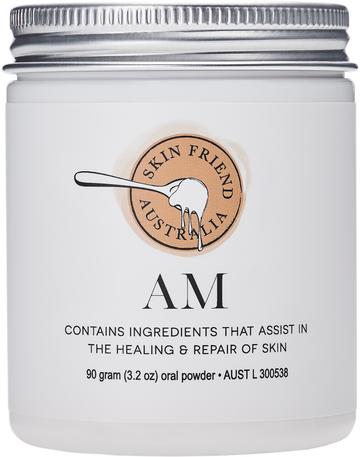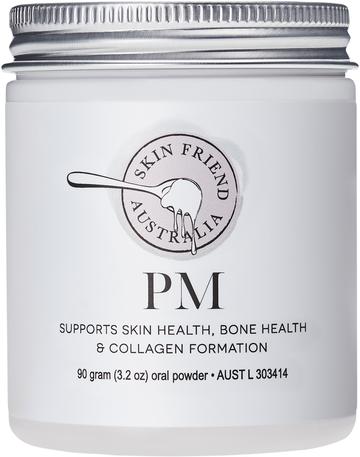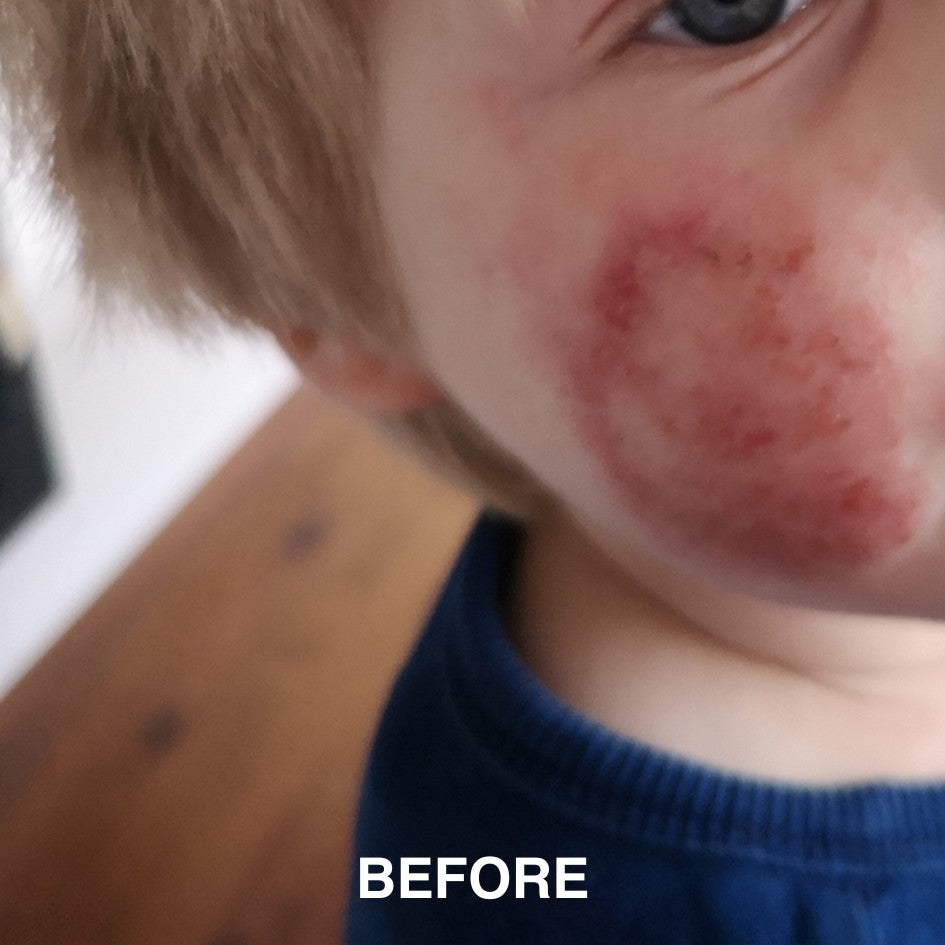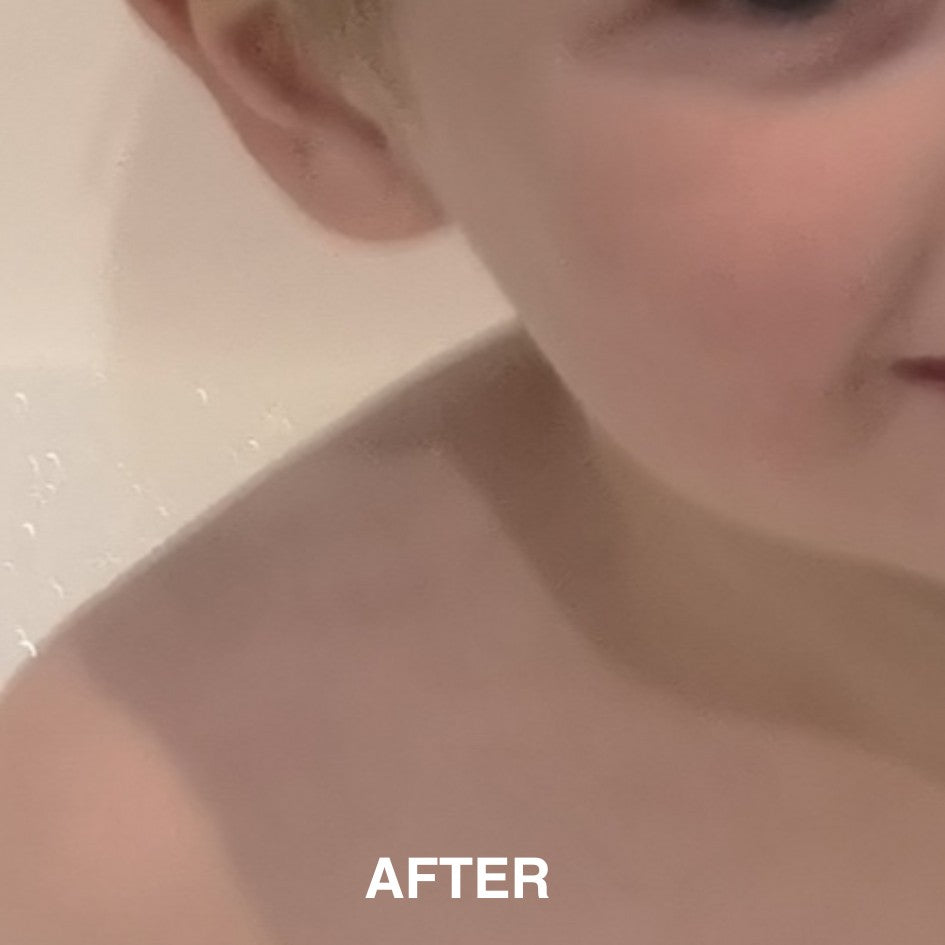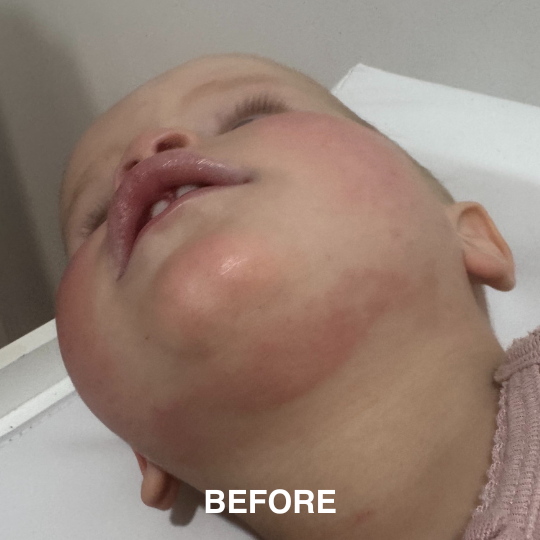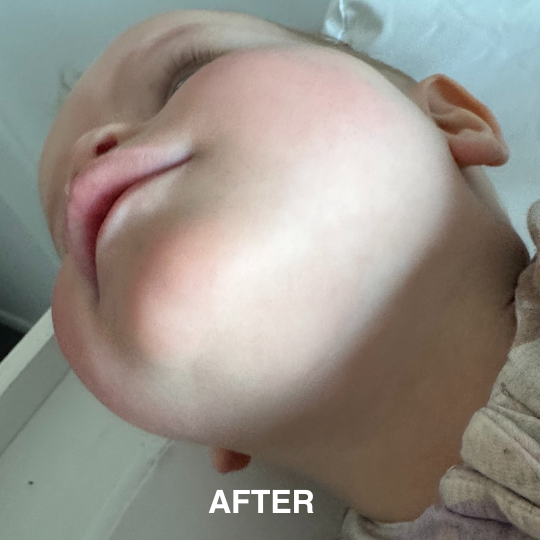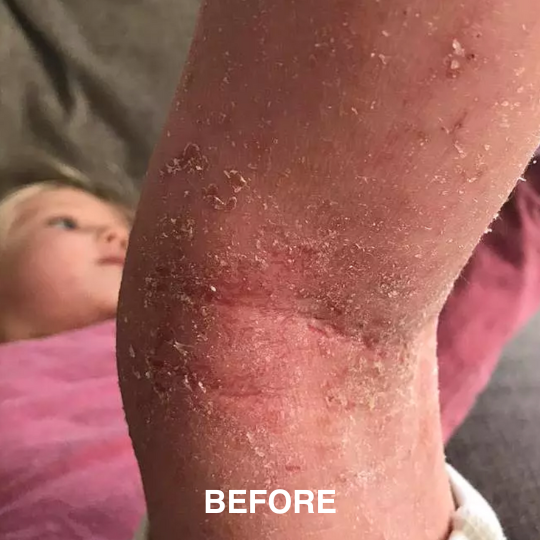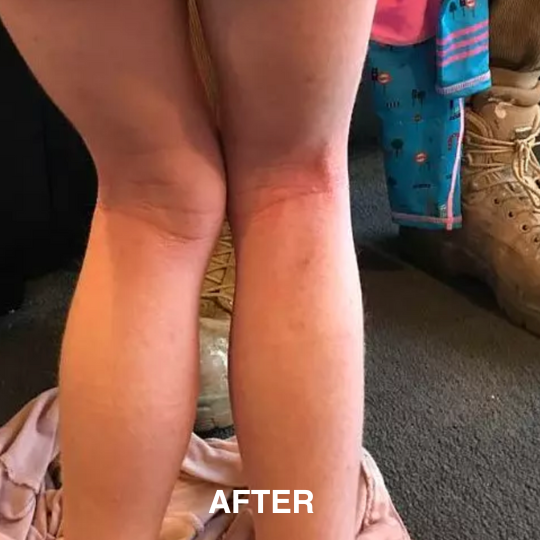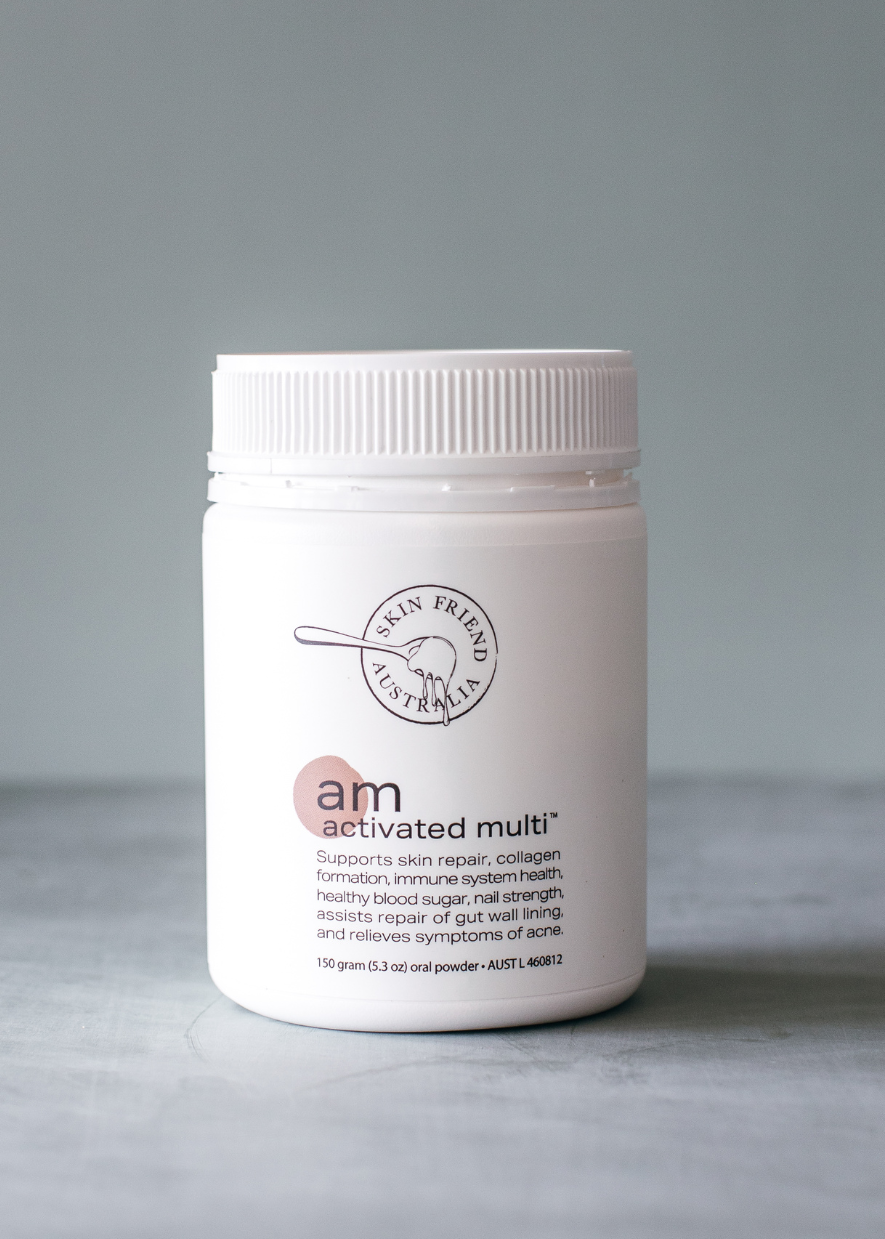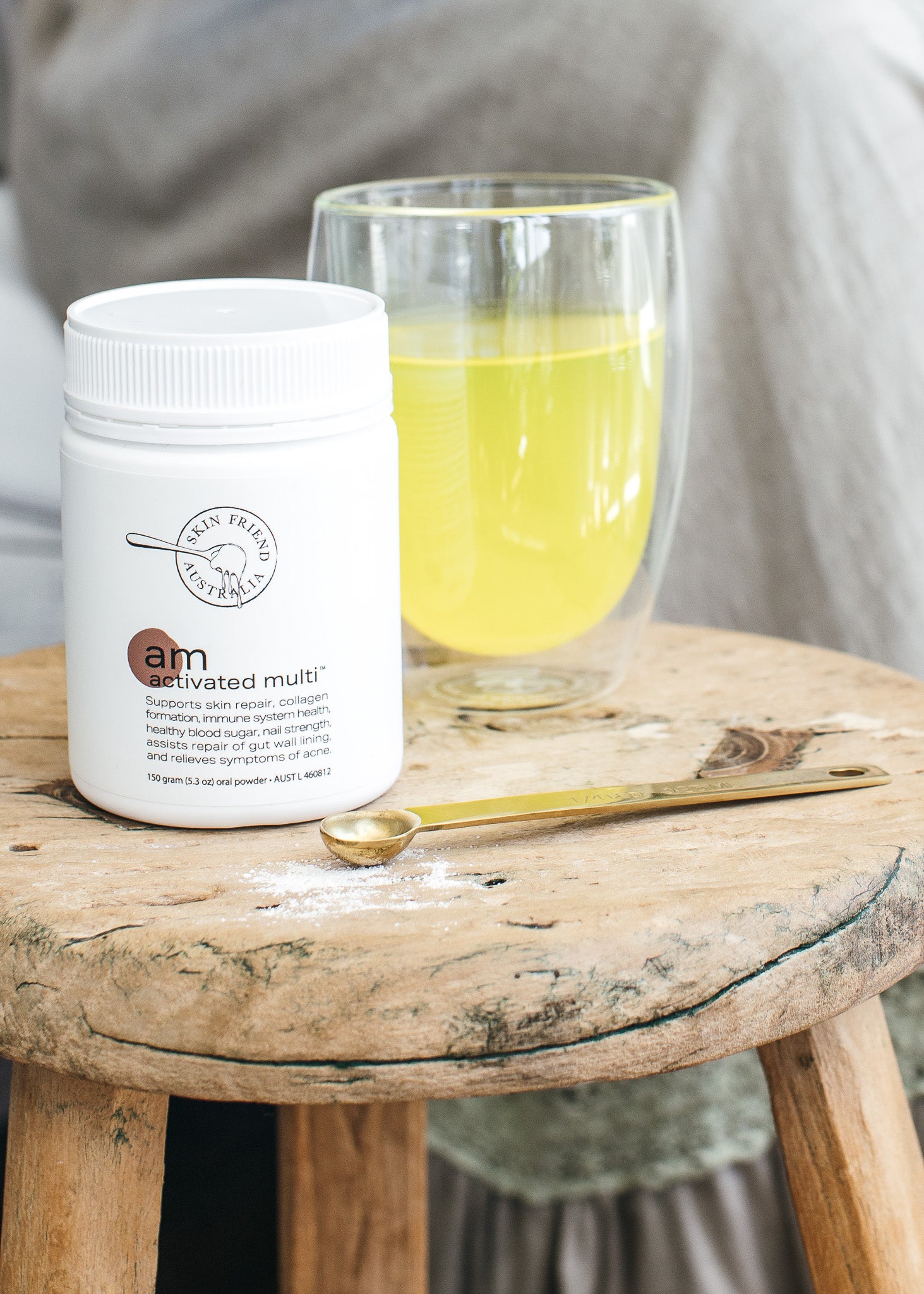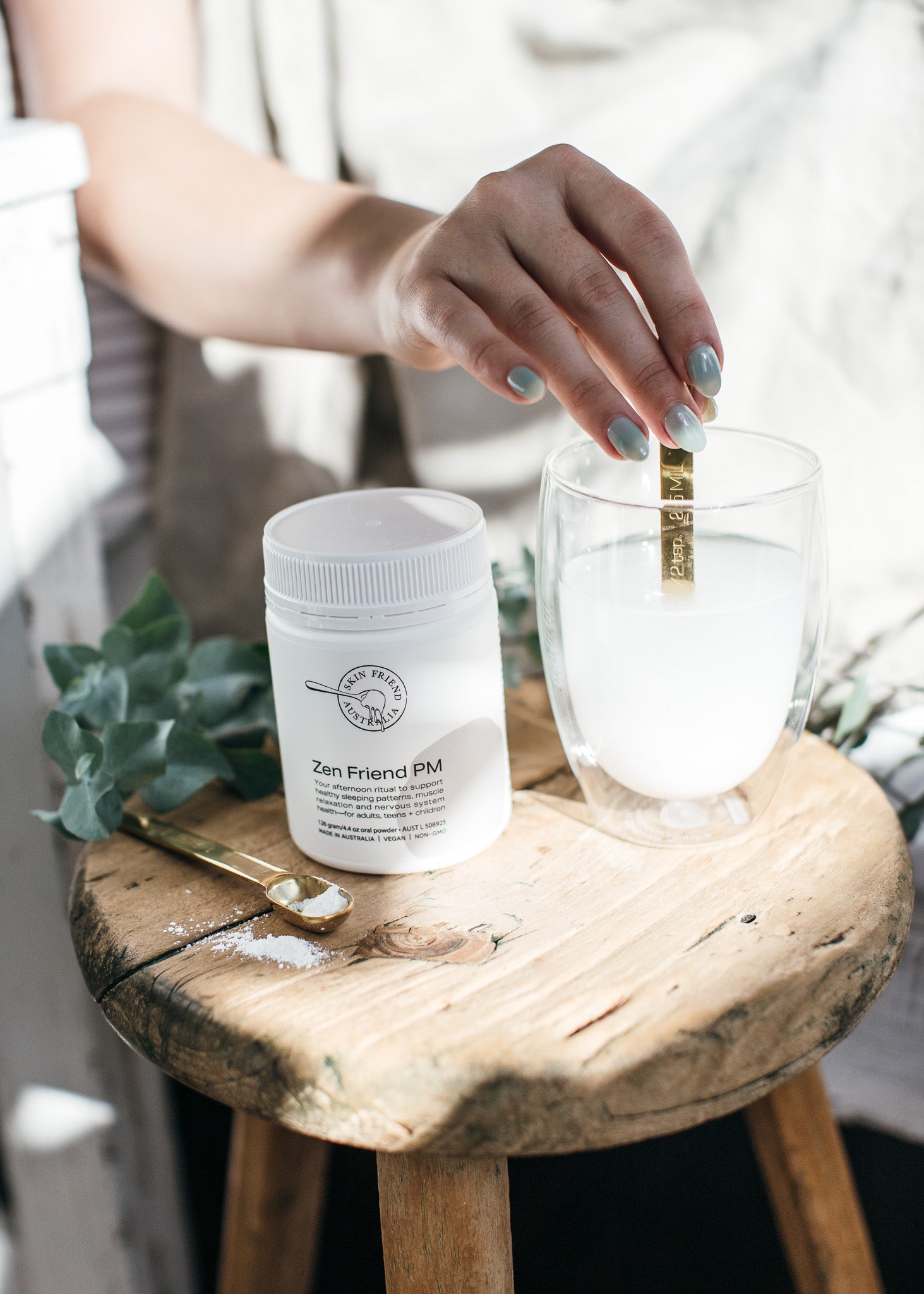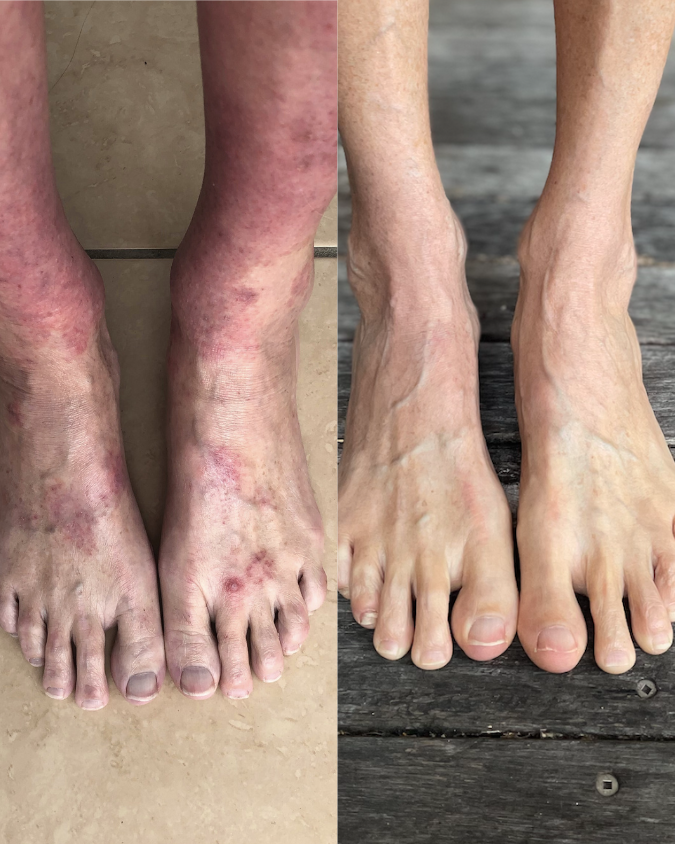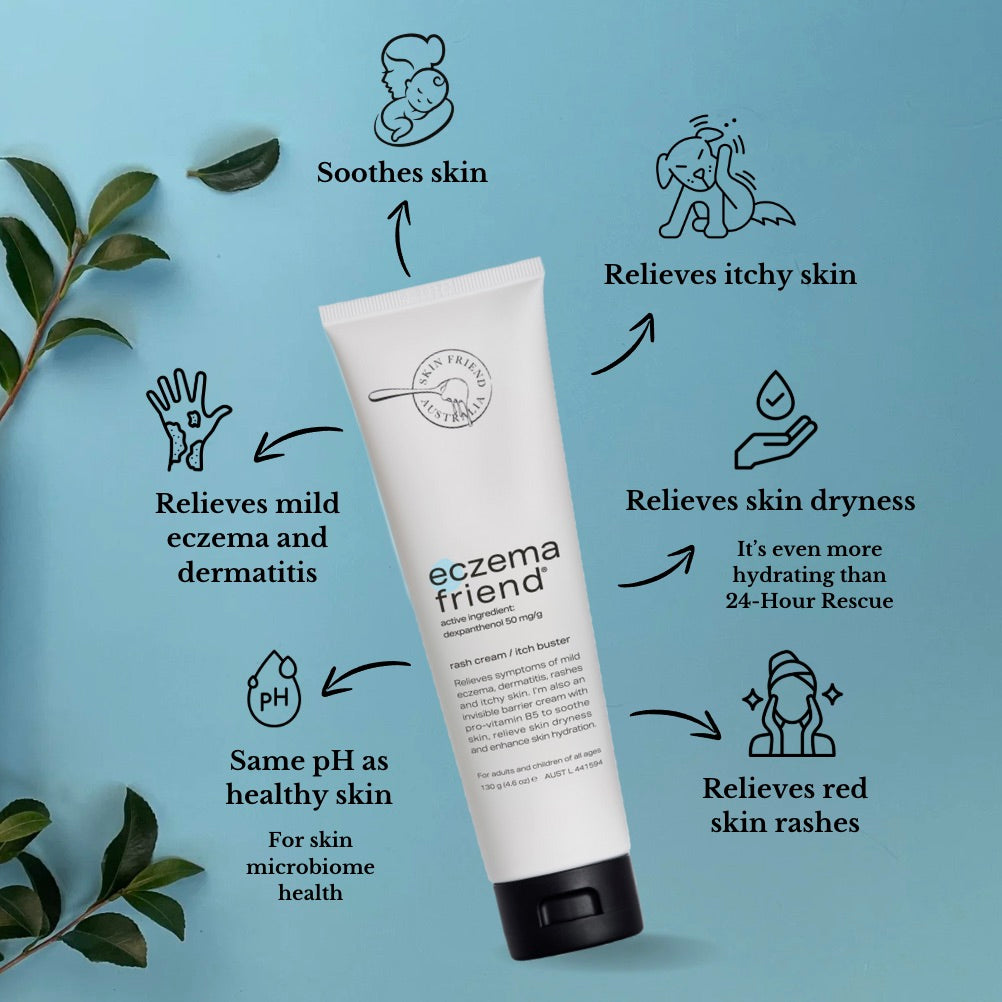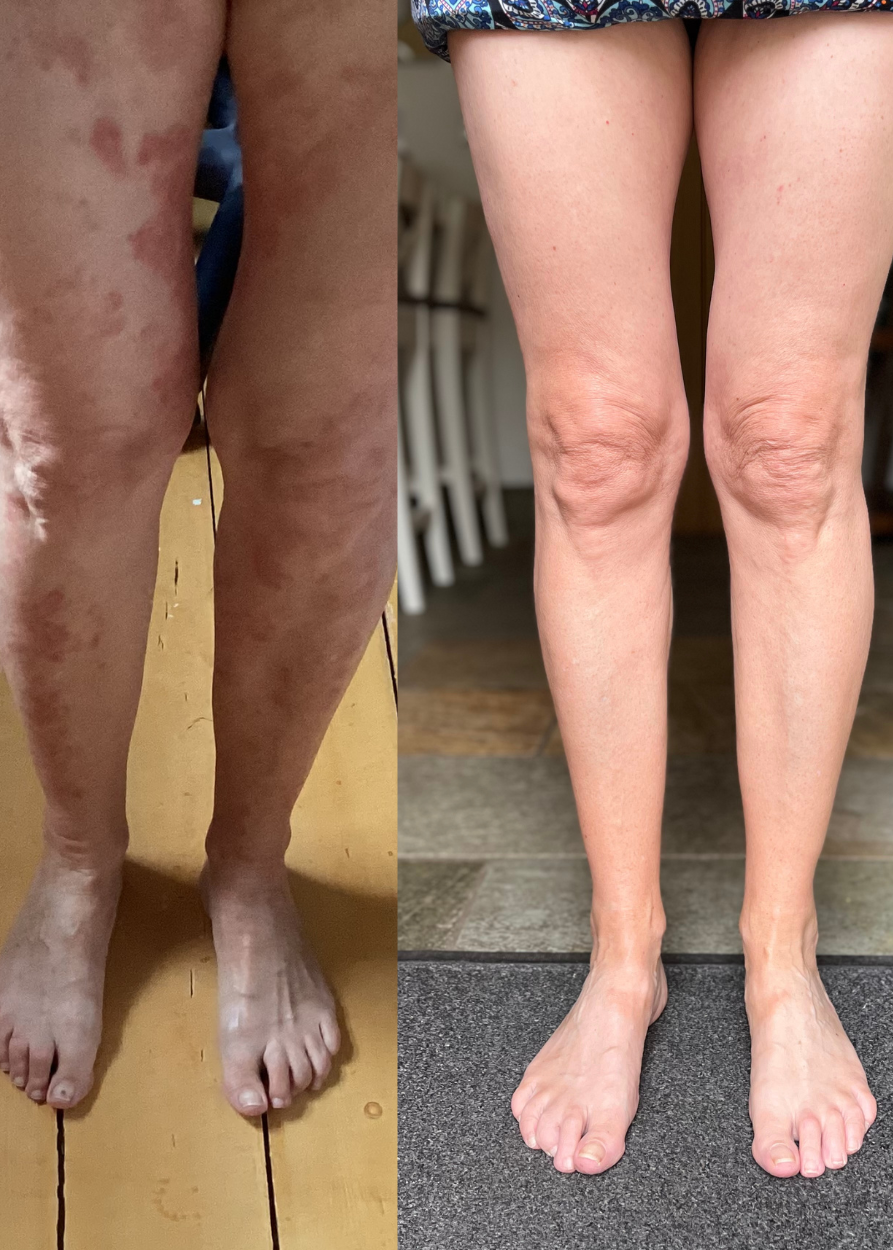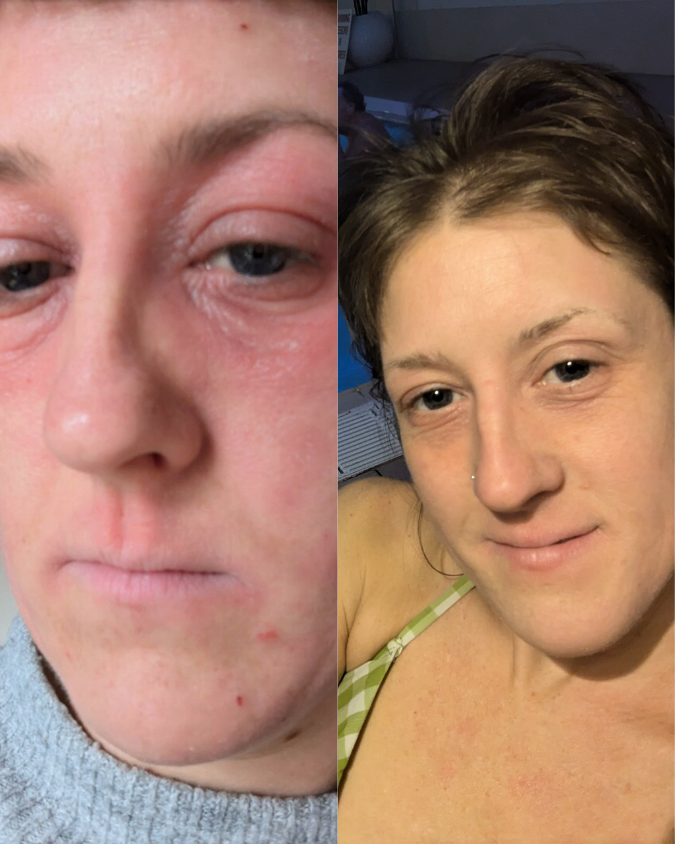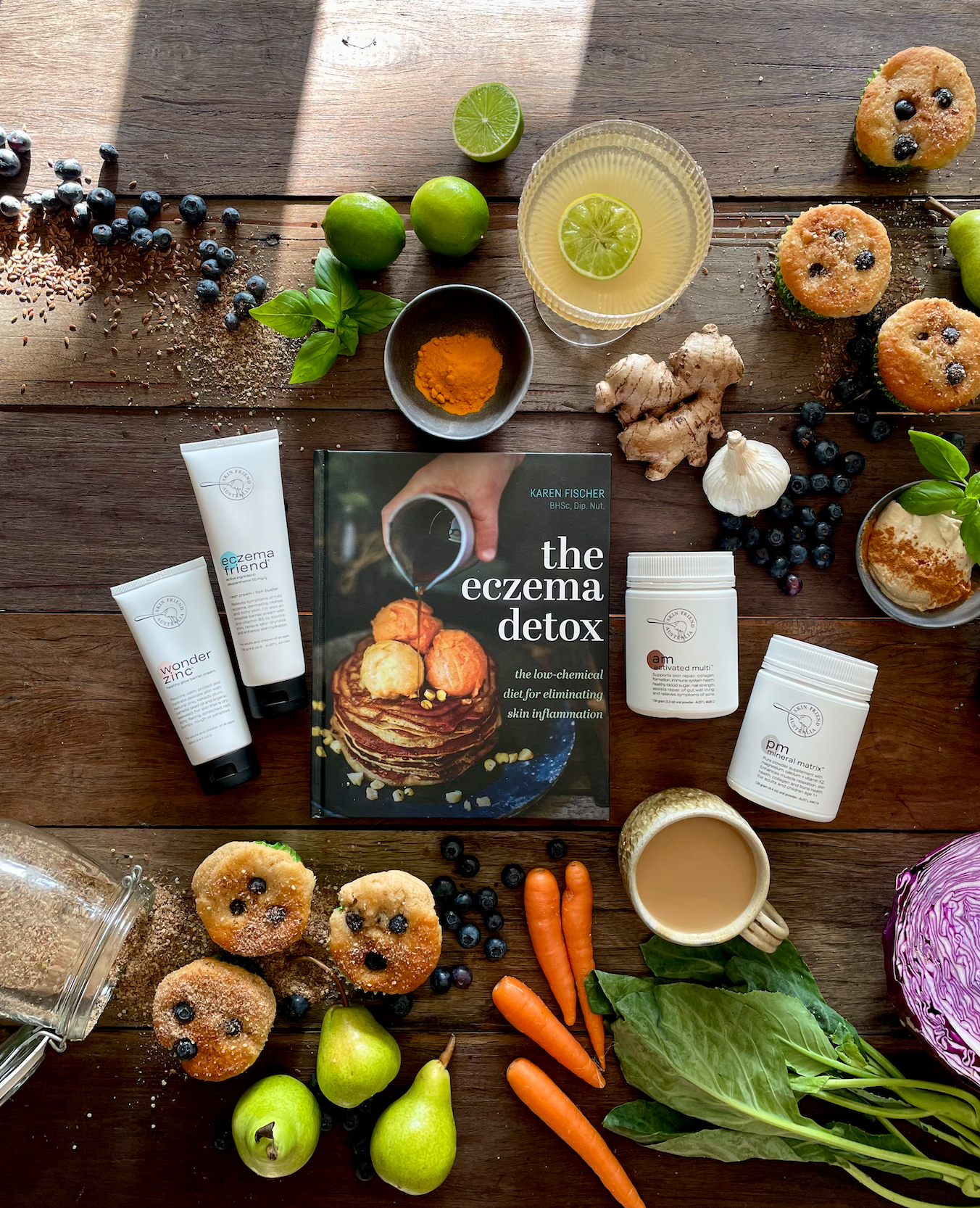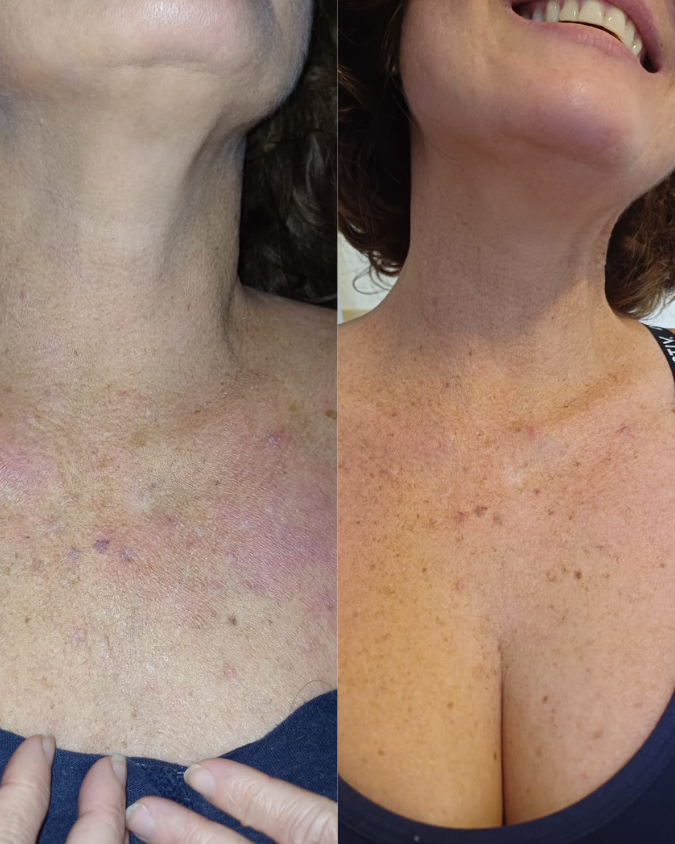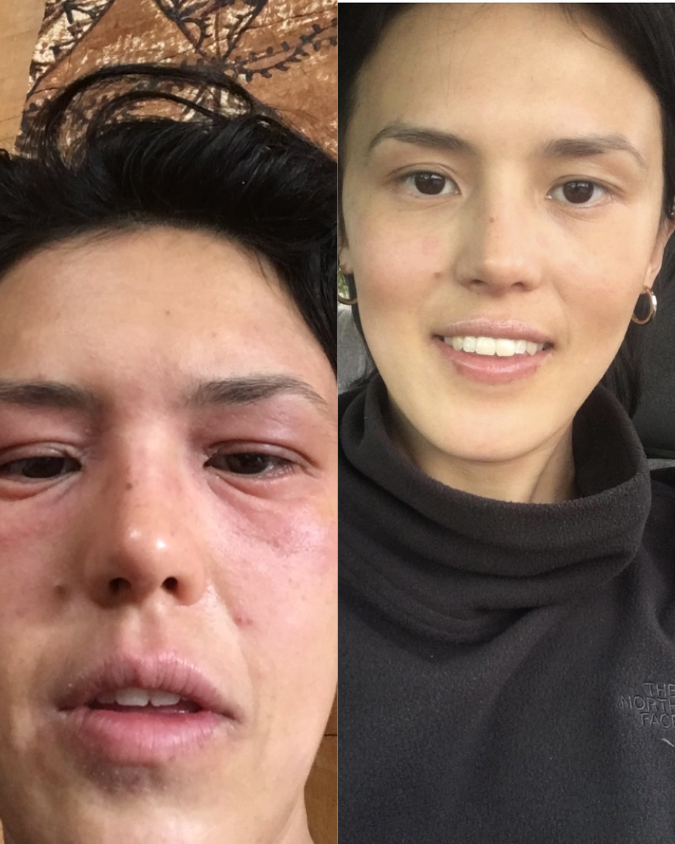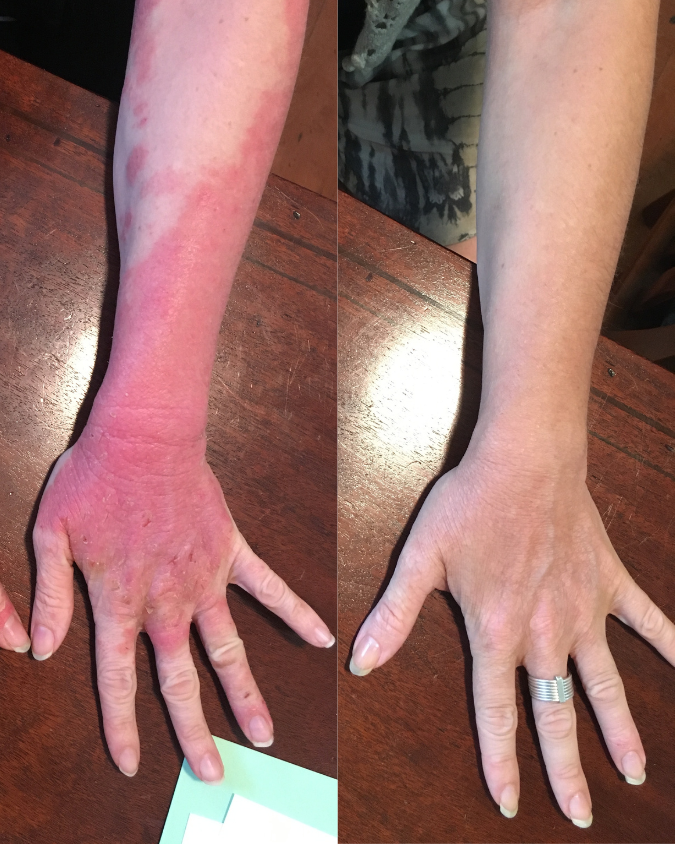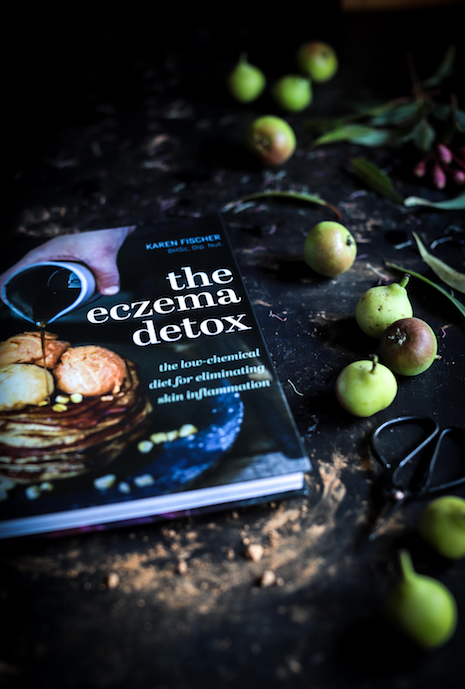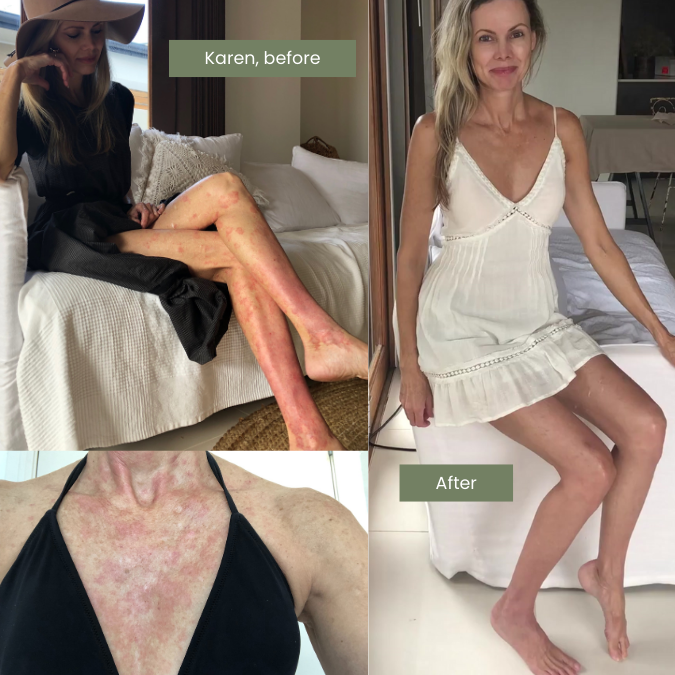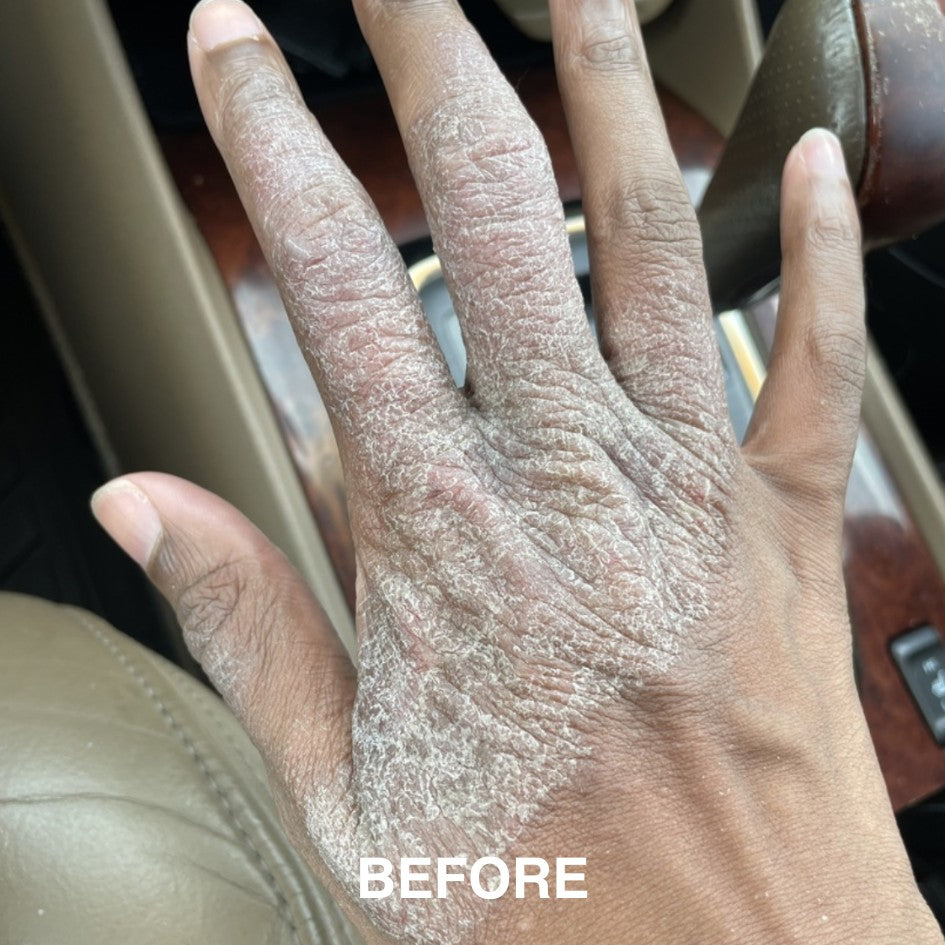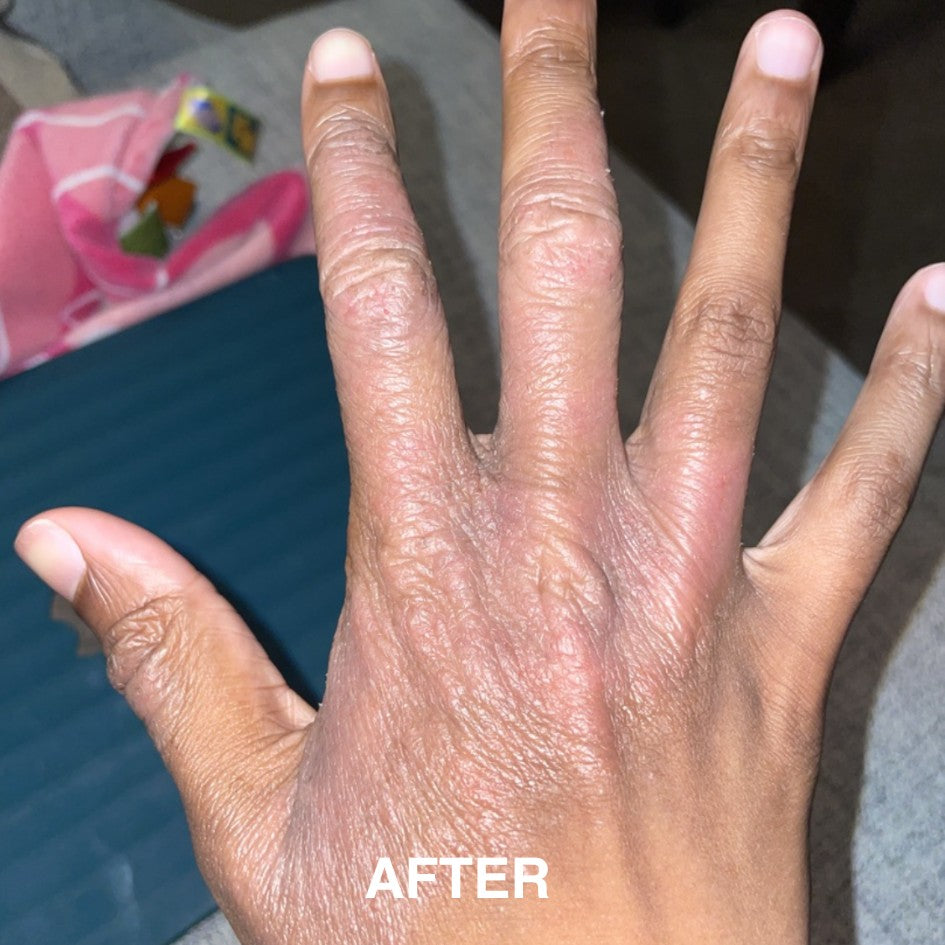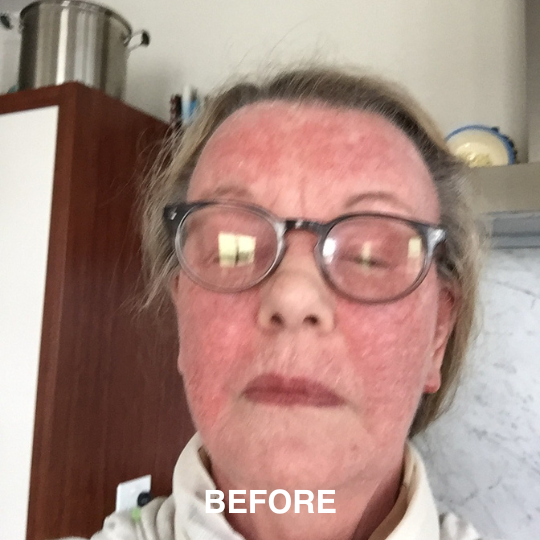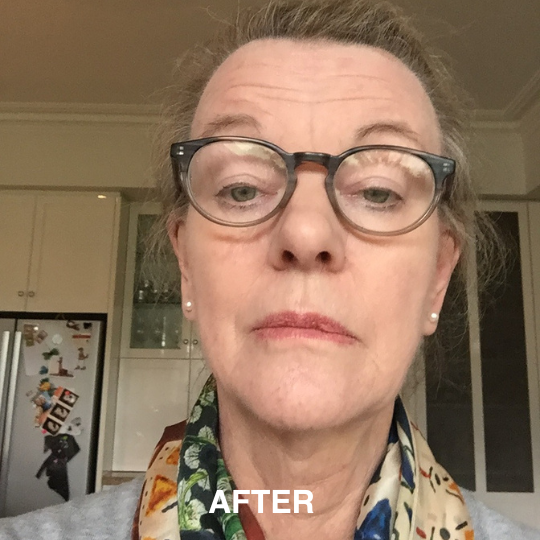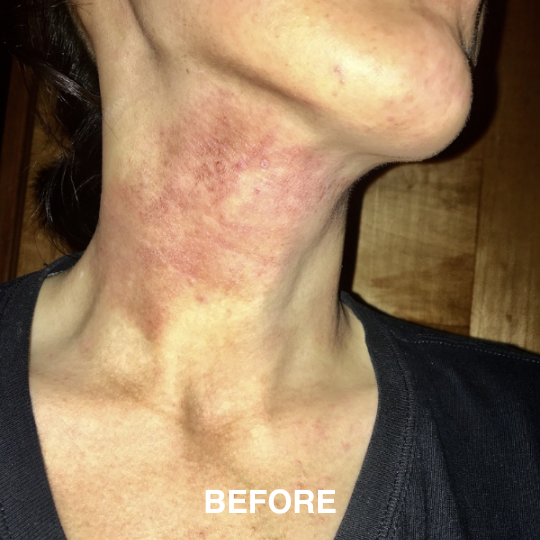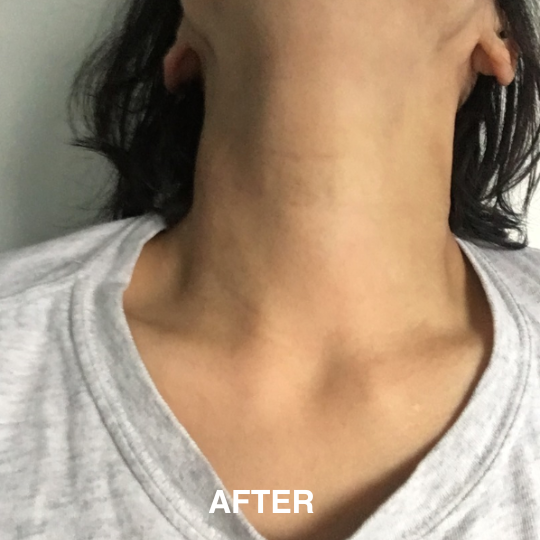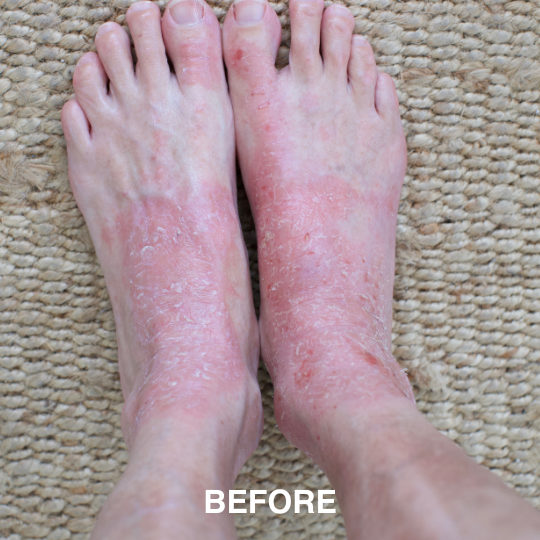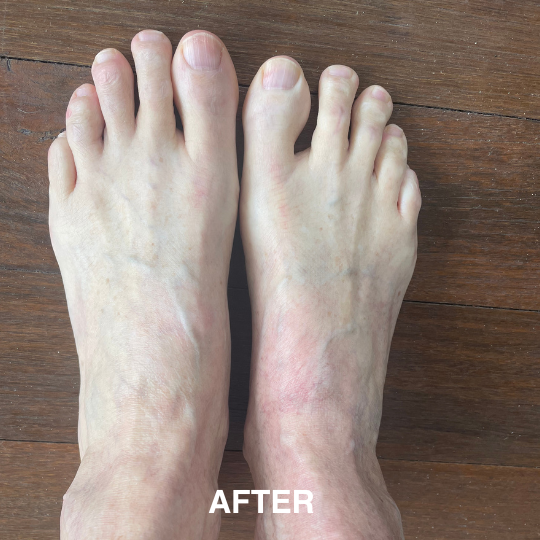To all the carers, moms/mums, dads, friends (and other amazing souls out there) caring and supporting someone with chronic eczema: this latest blog by Bonnie is for you. {Photo of Bonnie, taken by Karen Fischer)
Recently my mother was snooping around my mess (she uses the word 'cleaning') and picked up a book that I had been reading ‘Curing My Incurable Eczema.’ In her book, Cara Ward recalls her journey with eczema and Topical Steroid Withdrawal.
Mum came to me to confess that she had to stop reading it because it bought back such painful and vivid memories of the many years that I (we) suffered with atopic eczema. She was surprised at her response, as those days seem so long ago now. So we chatted about our eczema journey and I decided that it was something I wanted to share.
Beyond flare ups, the broader pain of eczema takes place on many fronts affecting us not only physically but mentally too, and this notion ripples through to loved ones supporting us on the journey to healed skin.
Illness and all the associated stress and anxiety is an exhausting business for everyone involved! After recovery, are we able to reflect on the immense physical and emotional toll for ourselves and our families.
For me personally, without the love and both practical and emotional support of my family, and my mum in particular, the long journey to recovery would have been much more difficult. I had dark days. But the love, compassion, humour and patience from parents, friends and other loved ones during the tough times can transform these dark moments.
So, with some input from my mum, this blog provides some useful information and tips to those amazing souls who care for someone with chronic eczema.
1. Join the Facebook 'Eczema Diet Support Group'
We (nutritionist Karen Fischer and the team of nutritionists at Skin Friend) have created a free support group for people following The Eczema Diet or Karen's newest eczema book, The Eczema Detox.
This group provides a community of mutual support and understanding, for those who wish to try dietary changes to heal their eczema from the inside out.

You need to be logged into Facebook to join the group and then wait for a team member to approve your request. This group is an excellent way to connect with others who are struggling with eczema themselves or for a family member or carer to get tips from like minded people. What do you get? Excellent recipes, product discounts and tips which frequently shared by all. Join the support group here.
2. Making the new eating journey fun
My mum knows all too well (like most do) that encouraging young ones to eat appropriately to improve eczema can be quite a challenge. As a stubborn 12-year-old I would often throw the delicious healthy food mum had made and swap it for a chicken burger and Slurpee at the tuckshop (ohh the regret as it made the itch mush worse!).
However, as I slowly realised it was not worth eating foods that made me itch and did not support my healing, simultaneously my mum came across a very special book that changed our family’s relationship with food—The Eczema Diet by Karen Fischer. My brother was not impressed but the rest of the family embraced this ‘clean’ way of eating.
Mum says she finally became a good cook after reading the book and implementing the recipes … I can definitely attest to that! She also said “as much as it was terrible having a child with eczema, it made us a much healthier family.”
I am grateful for what my journey with eczema has given me—a love of healthy food and a passion to help others improve their eczema. Nowadays, we are very fortunate that there are many resources readily available. Favourites include: Karen’s book ‘Don’t Tell Them It’s Healthy.’ It is a great guide to marketing nutritious food to children and teens. The newest version is called 'Healthy Family Happy Family' and the e-book is available here.

3. Positivity for the eczema sufferer and the carers
Studies show that optimists are generally both psychologically and physiologically healthier. When you have chronic eczema, some days are tough and I know from personal experience it is a challenge to be positive, because eczema is painful!
However, I have found comfort in doing positive lifestyle actions such as going for a walk, making the effort to meet friends (even though I would rather stay home some days!) and having a positive headspace.
I had to develop an inner strength and learn to ‘ignore the comments’ that some people felt they could openly say…yes I know I have an oozing red rash all over (come on people, think before you speak!).
It really is all about a positive headspace! So push yourself on those dark days because it really does make a difference. And for your family and friends… make them come on that walk with you!
My mum tells me she found support in alcohol, nah just joking! She actually did a workshop of Mindfulness and tells me this technique really helped to reshape her thoughts.
We know that eczema can flare due to emotional stress which interfere with sleep patterns (and day to day life!) resulting in anxiety, depression and sleep deprivation. Eczema and chronic itching have been shown to activate areas of the brain that deal with stress and chronic pain. In eczema sufferers, these areas of the brain remain overactive, leading to the release of stress hormones. Through the use of MRI machines one study found that meditation can deactivate these areas of the brain leading to a decreased release of inflammatory and stress hormones.
Practising mediation with an eczema sufferer can be a great tool for both parties involved. Working through these techniques together can help an eczema warrior to feel less alone ... and like they aren’t battling this solo.
4. Recognising when psychology support is needed
Anger, frustration, guilt, annoyance and exhaustion are all normal emotions when caring for someone with eczema. The demands physically and emotionally as a carer can be high and often will take a toll. Recognising these feelings and speaking with a counsellor (or other carer) can be such a beneficial way to help yourself and ultimately help you care for someone with eczema.
My mum recognised this need for me, we just were not coping as well as we could. She found a beautiful psychologist (I initially refused to go, but luckily mum said, ‘bad luck we are going’). These sessions allowed me to voice my fears, apprehensions, anxieties and I learnt strategies that really helped. For me, this was such a positive experience. My mum said she should have had some sessions too!
We also made these outings positive. After each session, we would treat ourselves with a gluten and dairy free (of course) pizza. This made the experience extra special for me.
I suppose what I am trying to say is if you need that extra support please ask.
During my darkest times, mum asked my Allergist if there was extra ongoing support, but they did not offer any psychological support. However, there are health plans available that allows these extra supports to be affordable, so please discuss it with your GP.
Let’s face it, having eczema is not cheap! Speaking of money, my mum took me to a different GP one time who commented that we should have a Health Card and she should be paid as a carer! Mum said no to the carer allowance but yes to the health card! Make sure you discuss this with your GP as you might be eligible too.
I hope these tips can help some of you on your eczema journey. For all the carers out there, we love and thank you.
Bonnie x
Shop the Story
Article by nutritionist Bonnie, who now works with Karen Fischer at Skin Friend and Eczema Life. Karen Fischer's eczema books and additive-free supplements for skin health and wellbeing can be found here.
